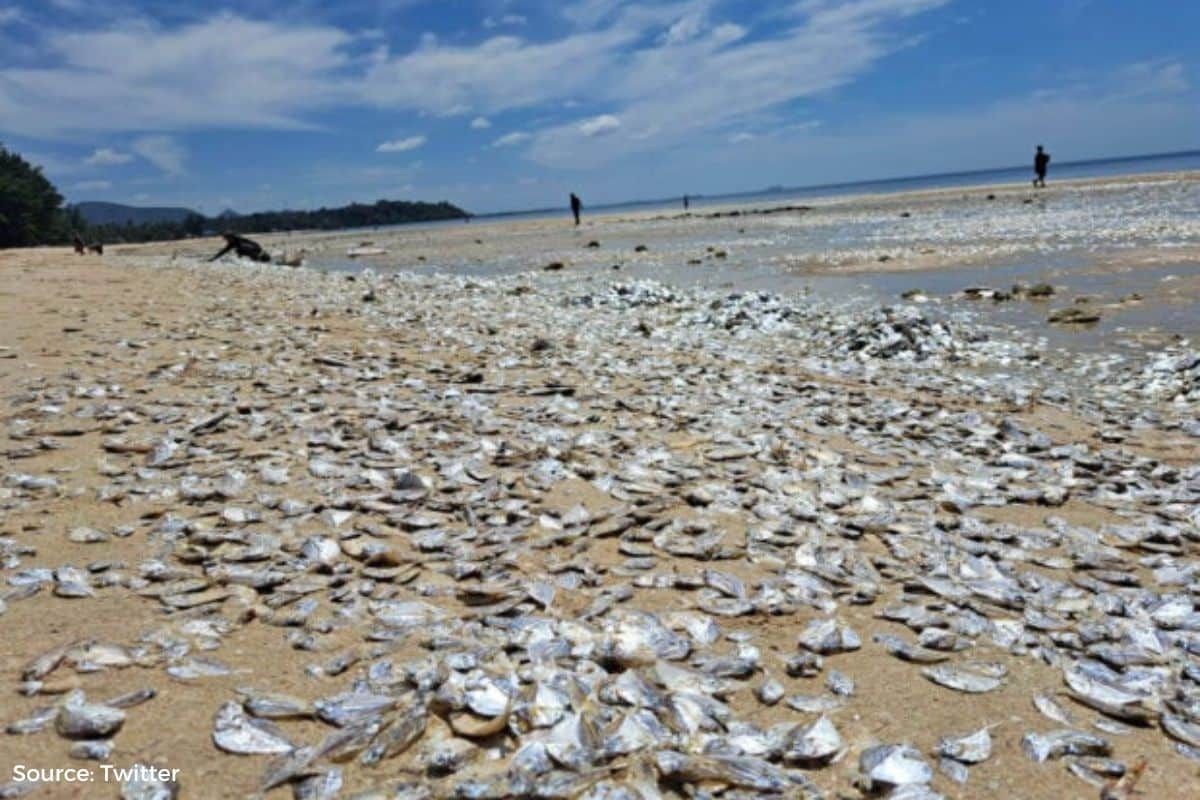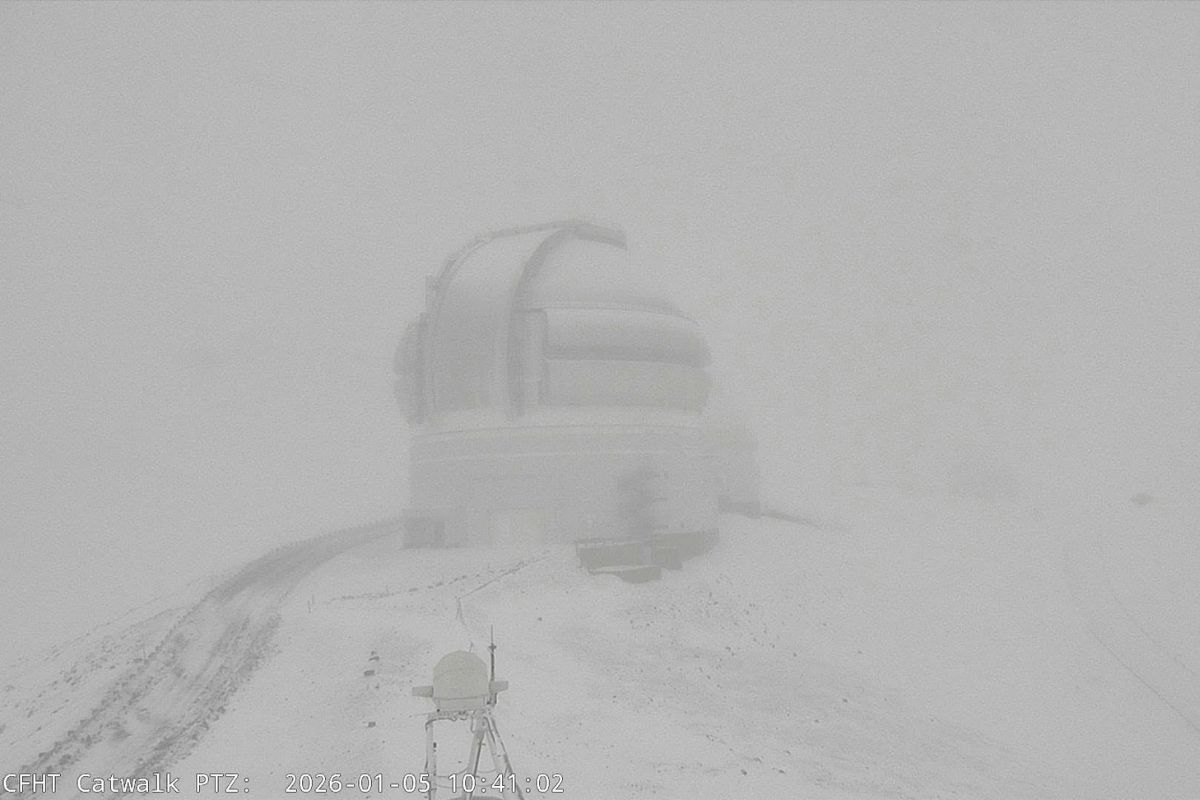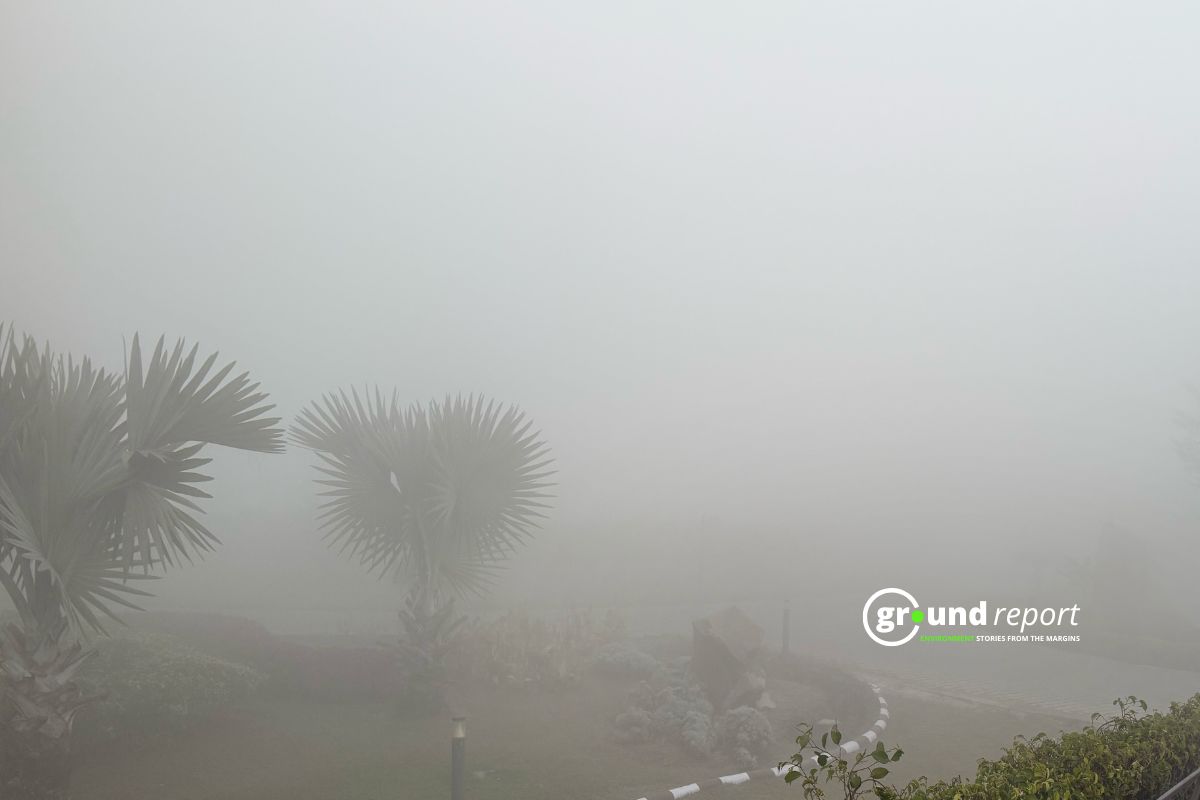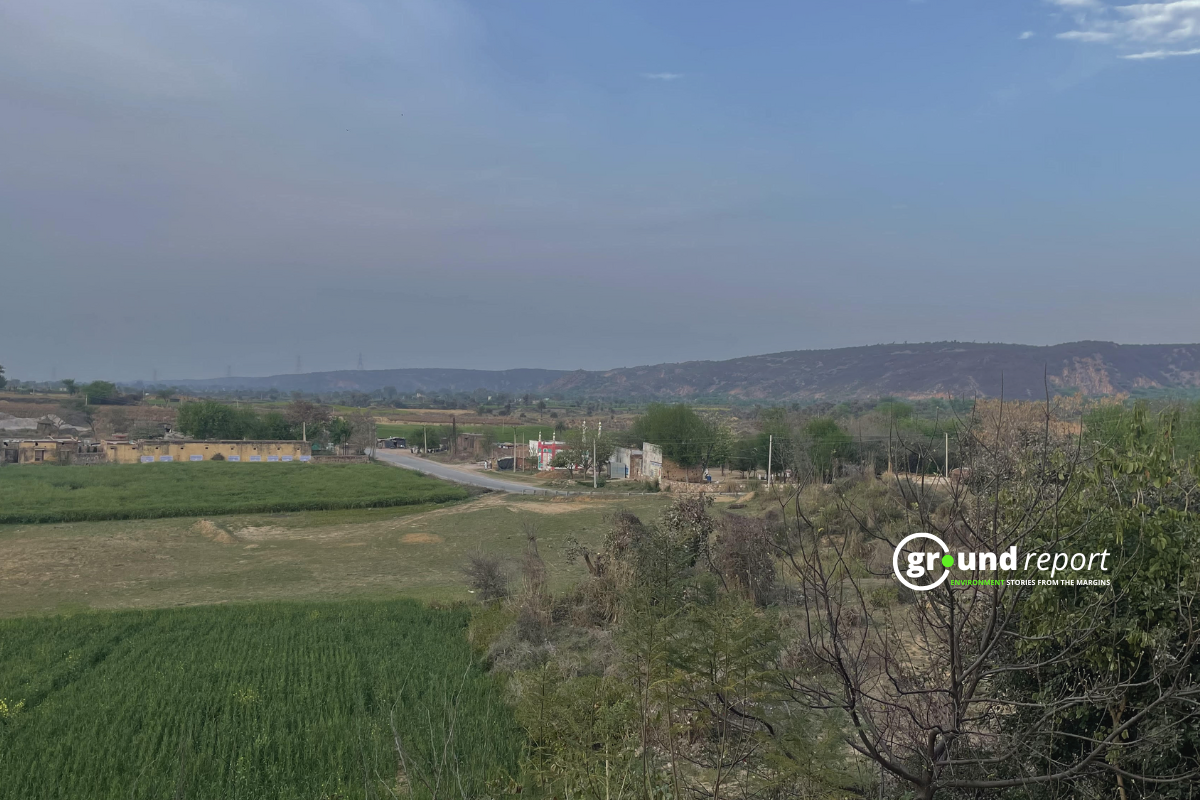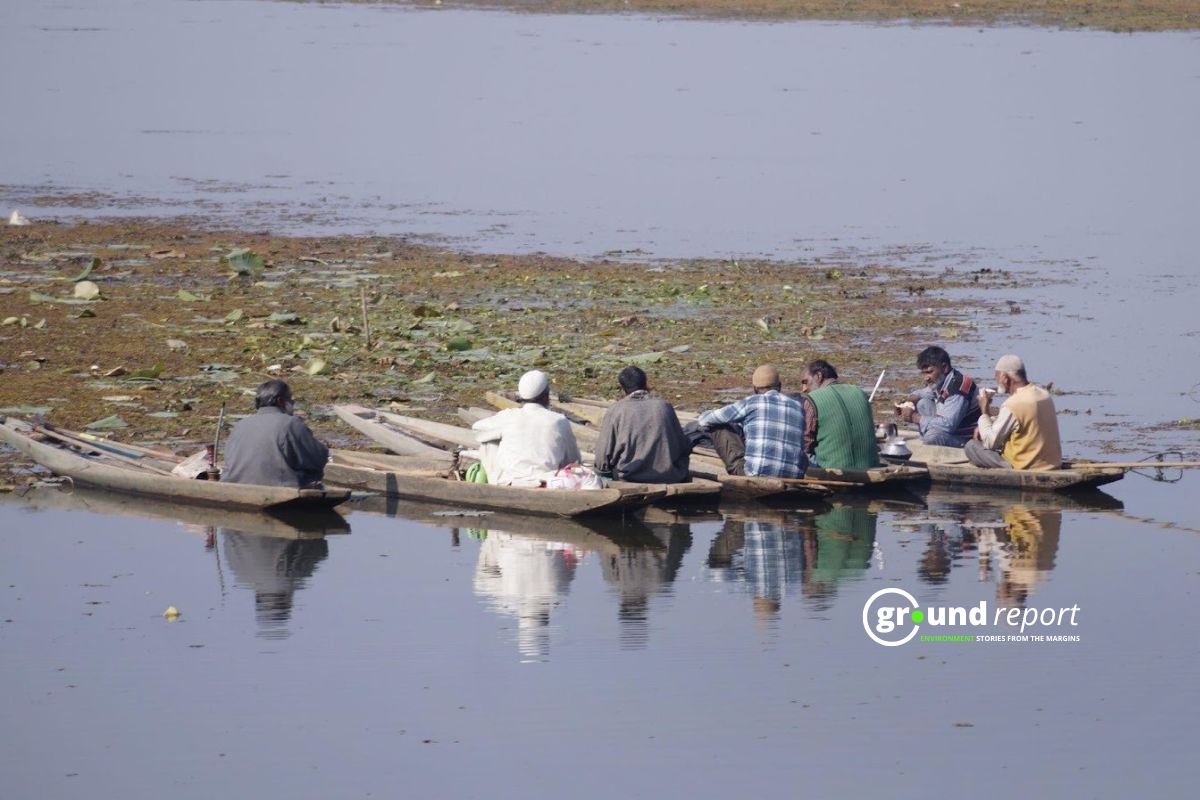Climate change may have caused an increase in plankton growth, resulting in the mass stranding of thousands of dead fish along a 2.5-mile stretch of beach in Thailand’s Chumphon province. Thon Thamrongnawasawat, vice dean of Kasetsart University’s College of Fisheries, explained that this phenomenon, known as a plankton bloom, naturally reduces oxygen levels in the water, causing fish to suffocate.
While natural phenomena such as coral bleaching and plankton blooms have been taking place for thousands of years, global warming exacerbates and intensifies these events, increasing their frequency. Local authorities noted that plankton blooms typically occur once or twice a year and last for a few days.
The authorities have collected seawater samples for further analysis and evaluation. The incident serves as a reminder of the growing concern about marine heat waves around the world.
The British Met Office reported that global sea surface temperatures in April and May reached record levels, partly due to the arrival of the El Niño weather phenomenon and the influence of human-induced climate change. These rising temperatures affect both the oceans and the land.
Recent events, such as thousands of dead fish washed up on Texas beaches and algae bloom warnings along the British coast, underscore the impact of rising sea temperatures. Southern California has witnessed the harrowing sight of dolphins and sea lions turning up dead or sick, likely due to a toxic algae bloom.
While the algae blooms in California were primarily caused by strong coastal upwelling rather than high temperatures, scientists anticipate that climate change will lead to an increase in toxic algae blooms, as some thrive in warmer waters.
Experts warn that regions such as Australia’s Great Barrier Reef and areas experiencing marine heatwaves, including parts of England, will suffer severe consequences for local ecosystems. The implications of these events emphasize the urgent need to address climate change and mitigate its detrimental effects on marine environments.
Keep Reading
- New earthquake shakes Hatay, Why so many earthquakes hit Turkey?
- SSGEOS predicts strong earthquake aftershock in Turkey
- Climate change is triggering more earthquakes
- Turkey, Syria earthquake could cost $4 Billion
Follow Ground Report for Climate Change and Under-Reported issues in India. Connect with us on Facebook, Twitter, Koo App, Instagram, Whatsapp and YouTube. Write us on GReport2018@gmail.com.
